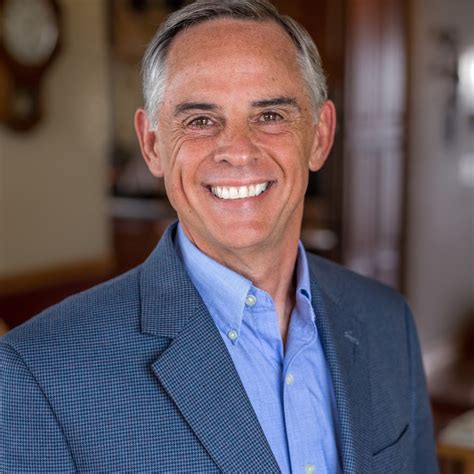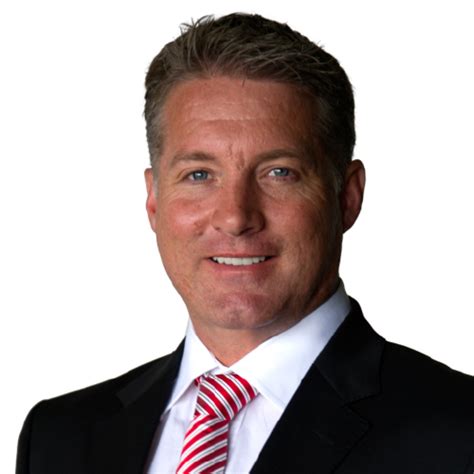A Quote by Patricia Aburdene
The cornerstone of effective leadership is self-mastery.
Quote Topics
Related Quotes
"Spirituality" in business sounds lofty. How practical is it? The answer is "very." There's a fundamental way in which Spirit and consciousness contribute to worldly success-and it has long been ignored. [. . .] As experts, authors and gurus often note, the game of business is to influence the external world. But here's the point: How can you control your environment if you can't even manage your own thoughts and emotions? In other words, how do you rule the world without first mastering yourself? The cornerstone of effective leadership is self-mastery.
The price that must be paid for mastery is discipline. No one achieves lasting success without it. So from the moment you awake each day, devote yourself to the perfection of whatever you pursue. Do this and you will achieve self-mastery. Achieve self-mastery and you will have the makings of a great leader... Discipline is all about cultivating powerful habits that become part of your lifestyle.
The care leadership strategy is simple: be a model. Commit yourself to your own personal mastery. Talking about personal mastery may open people's minds somewhat, but actions always speak louder than words. There is nothing more powerful you can do to encourage others in their quest for personal mastery than to be serious in your own quest.
His constant fight is with the Nafs (self-interest), the root of all disharmony and the only enemy of man. By crushing this enemy man gains mastery over himself; this wins for him mastery over the whole universe, because the wall standing between the self and the Almighty has been broken down. Gentleness, mildness, respect, humility, modesty, self-denial, conscientiousness, tolerance and forgiveness are considered by the Sufi as the attributes which produce harmony within one's own soul as well as within that of another.
The single biggest barrier to effective leadership is, in my view, the leadership industry itself. Instead of telling people the skills and behaviors they need to be effective in getting things done, we tell them almost the opposite - blandishments about how we wish people would be, and how we wish workplaces were. That information is worse than useless as, to the extent people believe it, they often wind up losing their jobs.

































